Your basket
Your basket is currently empty.
Tampon Case for 4 tampons
-£1
ProViotic - 30 tablets
-£1
Women make up 51% of the population — yet remain underrepresented in medical research
2.5%
of global medical research funding is estimated to go to women’s health.
90%
of women experience period pain — yet erectile dysfunction, affecting only 19% of men, is studied five times more.
1993
when women finally made it into clinical trials. Before then, medicine assumed we were just small version of men.

This Bright Friday
We are donating 20% of all orders to women’s health research
In 2024, over 2,000 customers from 14 countries helped fund life-changing women’s health research. This year, we’re continuing that mission — to build a future where every woman’s symptoms are taken seriously.
Meet the organisations driving women’s health forward
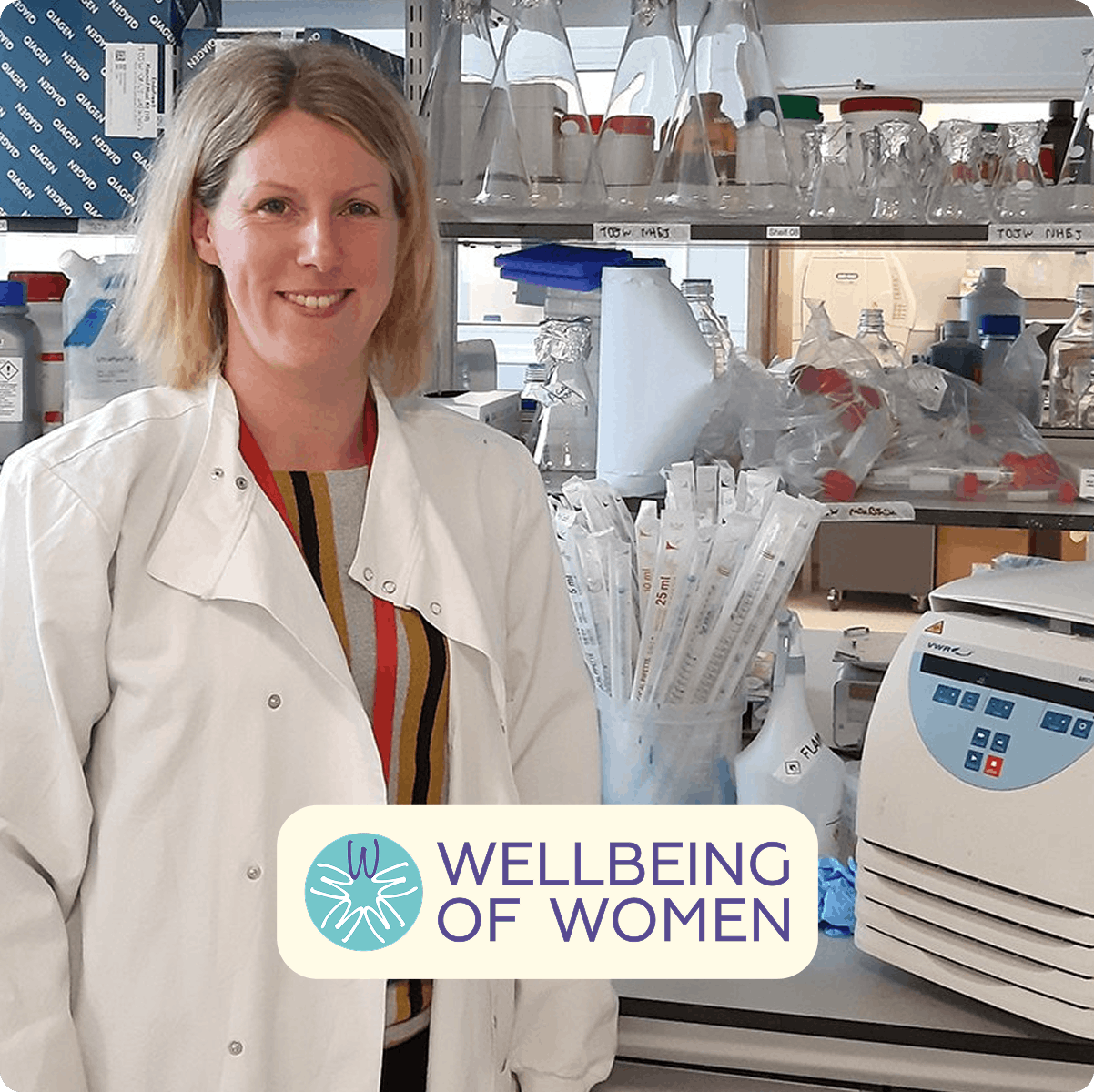
Wellbeing of Women (WoW)
For over 60 years, Wellbeing of Women has been transforming the UK landscape of women’s health. Their funded research has led to landmark discoveries — including linking HPV to cervical cancer, pioneering the use of ultrasound in pregnancy, and developing new treatments for endometriosis.

Society for Women’s Health Research (SWHR)
Founded in 1990, US, the Society for Women’s Health Research (SWHR) is a global thought leader in advancing research that accounts for sex differences and life stages unique to women. Their work influences policy, medical research, and education to ensure women’s health is represented at every level of decision-making.

Endometriosis and Reproductive Health Foundation (ERH)
The ERH, BG, works to end the normalisation of menstrual pain, promote earlier diagnosis, and connect women with holistic, expert-led support through clinicians, psychologists, and trusted experts — creating an environment where symptoms are taken seriously and care is truly compassionate.
How SWHR and WoW Changed Women’s Health
Women in clinical trials
SWHR’s advocacy helped change U.S. law in 1993, ensuring women are included in federally funded clinical research — a landmark step toward evidence-based care for all.
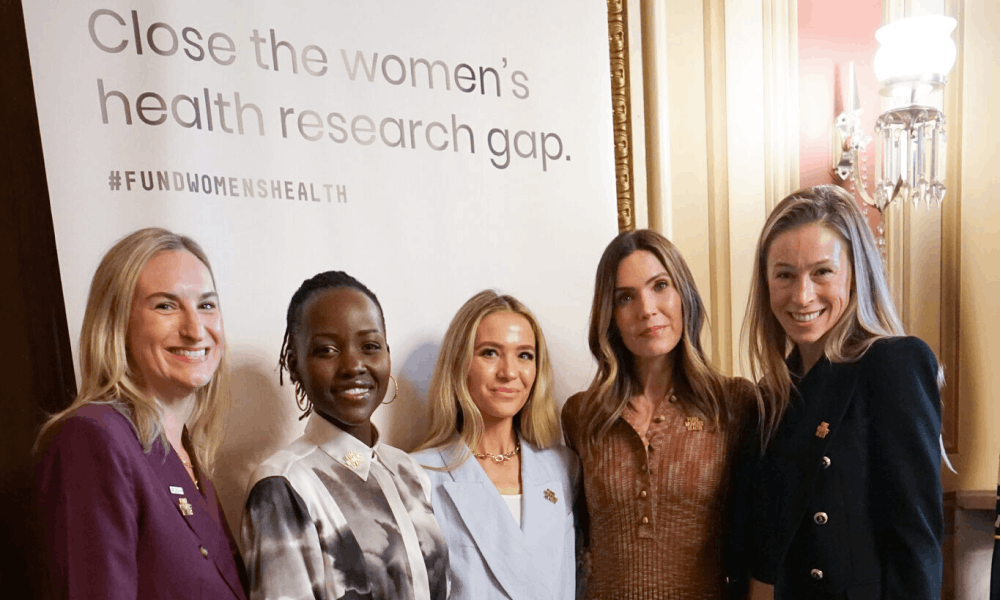
Revolutionising ultrasound in pregnancy
Wellbeing of Women’s research established ultrasound as a standard part of prenatal care used all over the world — helping detect birth defects early and saving mothers and babies.
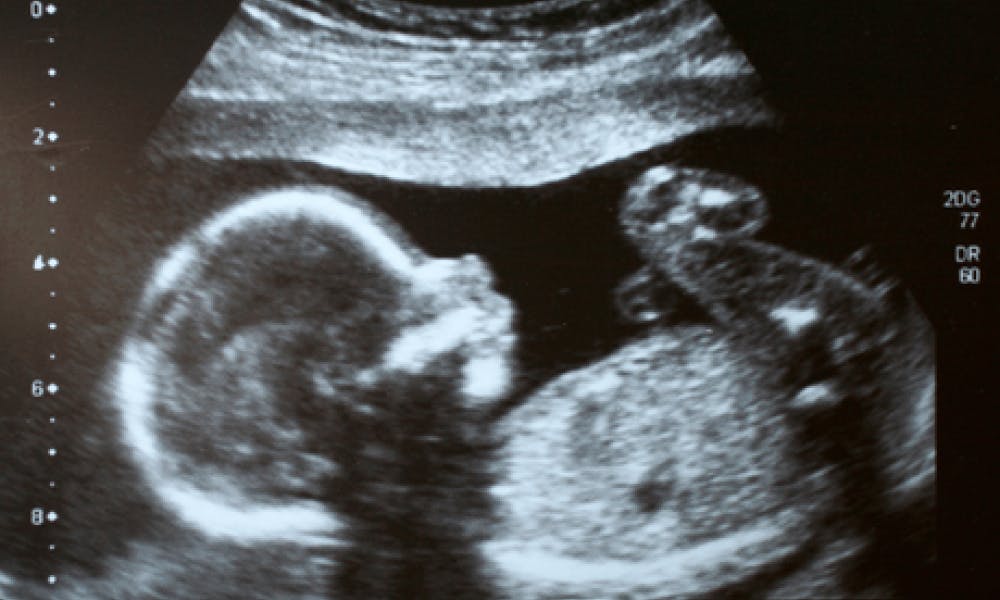
Sex as a biological variable
SWHR led the global movement to recognise sex and gender as critical factors in how diseases develop and respond to treatment — now a core NIH research requirement.
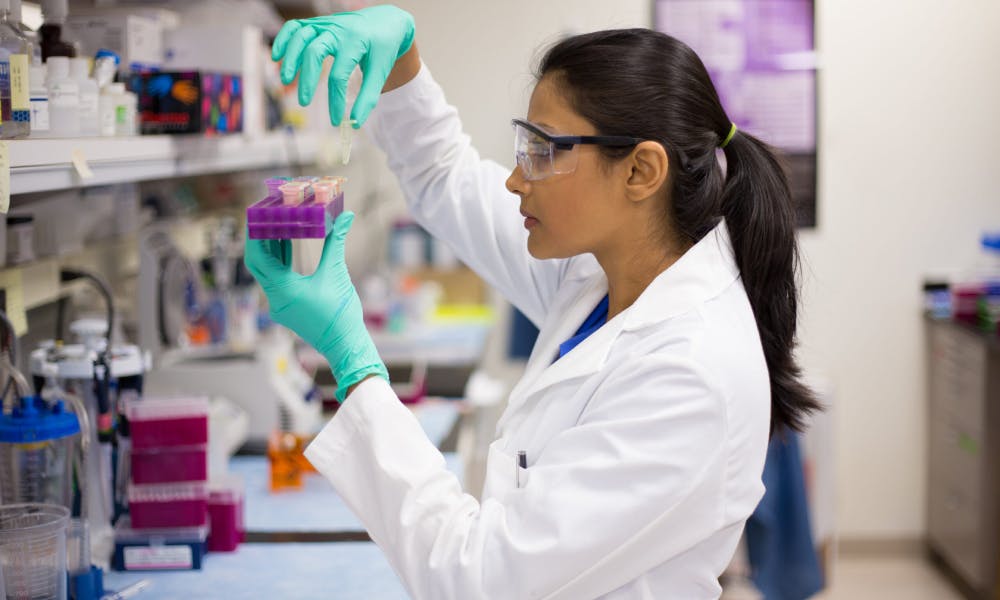
Preventing cervical cancer
WoW helped prove the link between HPV and cervical cancer, paving the way for national screening and vaccination programmes that cut rates by 63%.
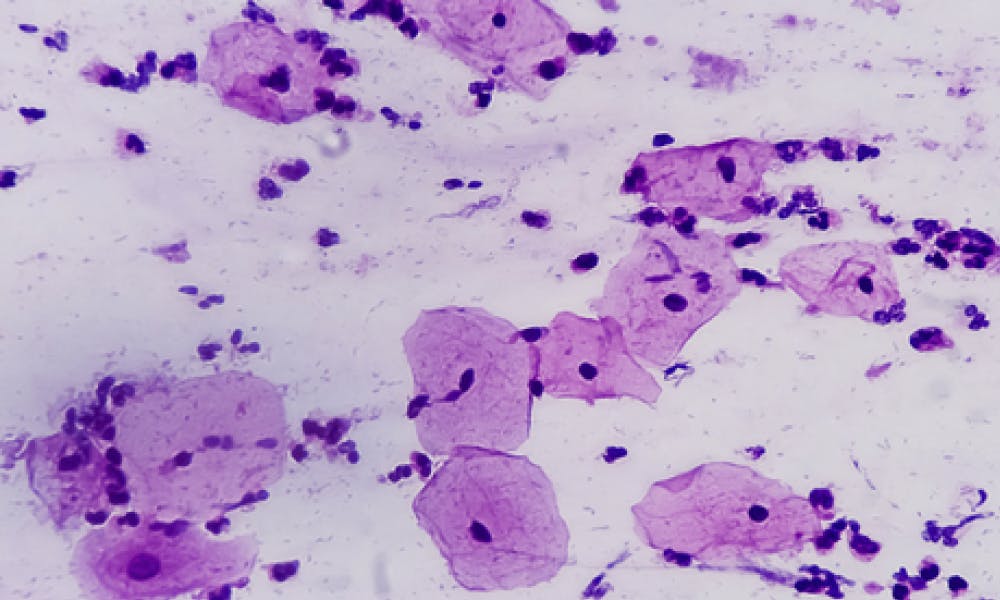
Managing PCOS through lifestyle and metabolism
Studies by WoW revealed how insulin resistance drives high testosterone in PCOS, shaping today’s treatment guidelines and improving care for millions.
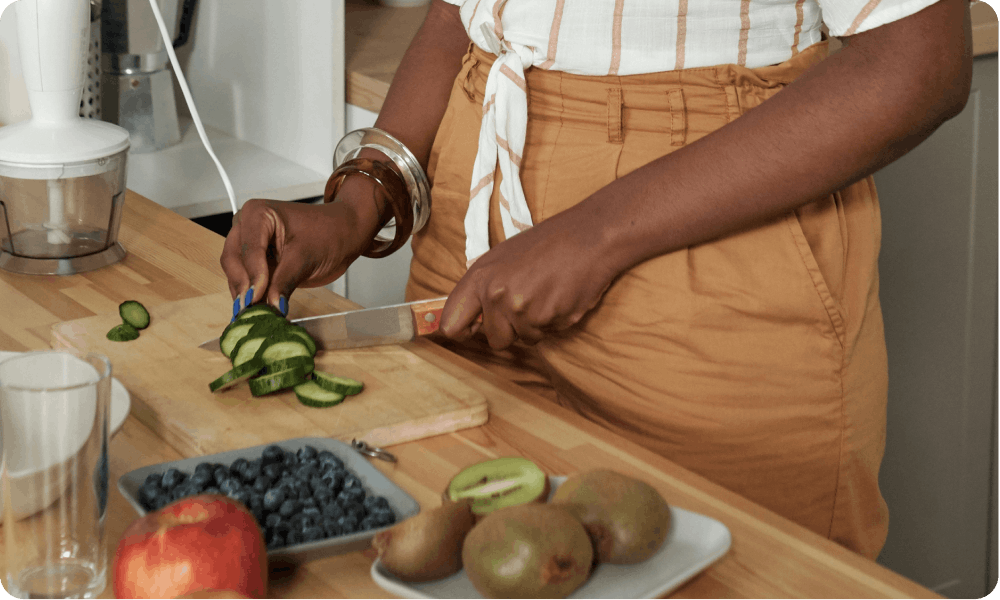
Turning research into action
Through initiatives like the Women’s Health Dashboard and its breath of health condition programming, SWHR makes complex science accessible — empowering women to understand and advocate for their health.
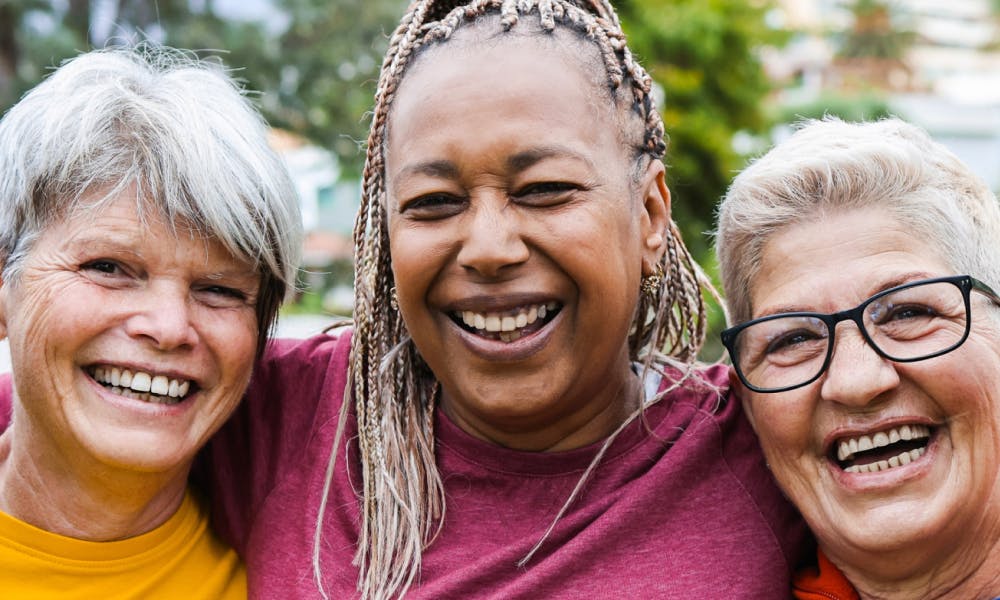
What your donation makes possible
A breakthrough in endometriosis care
Wellbeing of Women is currently funding a first-of-its-kind study developing a non-hormonal treatment that could safely shrink endometriosis lesions and ease pain — offering new hope to millions affected worldwide.
Disclaimer: The Society for Women’s Health Research does not make medical, diagnosis, or treatment recommendations, nor does it endorse or promote specific screening or diagnostic tests. Patients and consumers should confirm information and consult a professional health care provider to determine individual needs. The Society will not be liable for any direct, indirect, or other damages arising therefrom.






